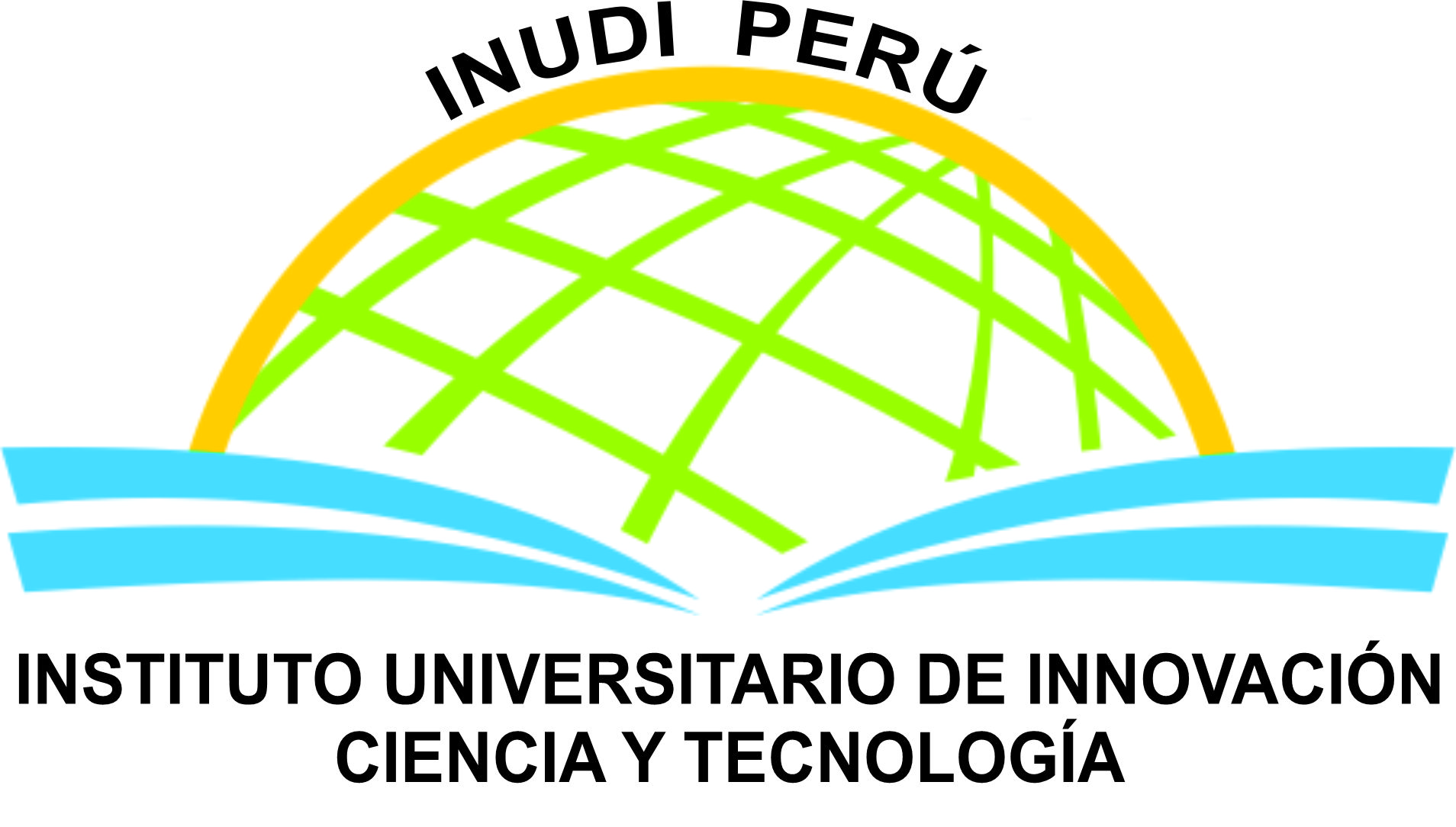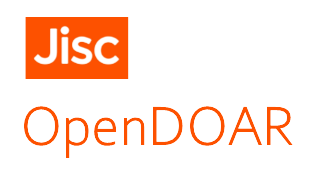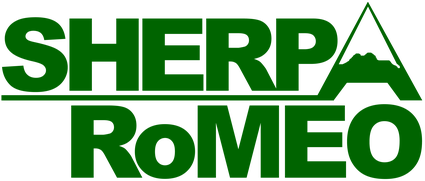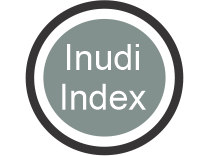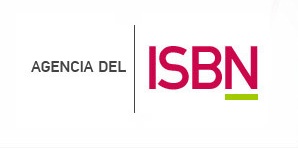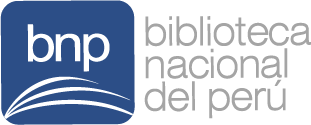Cómo evitar el plagio académico: Guía práctica para estudiantes y docentes
Keywords:
analysis, detection, scientific research, plagiarism, academic plagiarismSynopsis
This book "How to Avoid Academic Plagiarism: A Practical Guide for Students and Teachers" is designed to help students and teachers understand and avoid academic plagiarism. It presents strategies for proper citing and referencing, discusses best practices to avoid accidental plagiarism, explains the different ways plagiarism can occur, and presents plagiarism detection tools that are available to students and teachers. The objective was to provide a practical and accessible guide for students and teachers who wish to avoid academic plagiarism. Strategies that can be implemented by students and teachers alike are discussed, and useful tips are provided to address the problem of academic plagiarism in the classroom. By using the strategies presented in this book, students and teachers can create high-quality academic work that reflects their knowledge and skills.
References
Almada, M. I. (2017). La integridad académica en la educación superior: Retos y oportunidades. Universidad Nacional Autónoma de México.
Asociación de Escritores y Escritoras en Lengua Española. (2021). ¿Qué es el plagio? https://cutt.ly/o556AvA
Asociación de Prensa de Estados Unidos. (2018). Guía para evitar el plagio. https://www.press.org/about/ethics-guidelines/plagiarism
Asociación Médica Estadounidense. (2019). Principios éticos para las publicaciones médicas. https://cutt.ly/f556ZpR
Asociación Nacional de Editores de Música. (2020). Qué es el plagio musical. https://www.nmpa.org/what-is-music-piracy/
California State University. (2020). Critical analysis. https://www.csun.edu/~hcpas003/critical.html
Comité Internacional de Editores de Revistas Médicas. (2020). Definición de plagio. https://cutt.ly/w556VUV
Consejo de Editores de Revistas de Ciencias Sociales. (2020). Plagio. http://www.latindex.unam.mx/buscador/ficha.php?folio=19594
Grice, H. P. (1989). Studies in the way of words. Harvard University Press.
Harvard College Writing Center. (2021). Synthesis. https://writingcenter.fas.harvard.edu/pages/synthesis
Harris, M. (2014). Rewriting: How to do things with texts. University Press of Colorado.
Instituto de Ingenieros Eléctricos y Electrónicos. (2019). Definición de plagio. https://cutt.ly/C556Nps
International Trade Administration. (2018). Intellectual property theft and piracy. https://www.trade.gov/intellectual-property-theft-and-piracy
Meyer, C. F. (2000). Unlocking the meaning of lost languages. HarperCollins.
Molina, E. A., & Núñez, M. R. (2016). La ética académica y la formación de valores: Una reflexión necesaria en la educación superior. Tecnológico de Monterrey.
National Institutes of Health. (2019). Scientific integrity. https://oir.nih.gov/sourcebook/ethical-conduct/scientific-integrity
Paiva, F. O., & Teixeira, R. A. (2019). Ética y educación en la sociedad del conocimiento. Universidad Católica de Portugal.
Purdue Online Writing Lab. (2021). Paraphrasing, summarizing, and quoting. https://cutt.ly/556qwAR
Roig, M. (2020). The essential guide to writing research papers. Pearson.
Sutherland-Smith, W. (2015). Plagiarism, the internet and student learning: Improving academic integrity. Routledge.
The University of Sydney. (2020). Writing a critical review. https://cutt.ly/n5565Mc
The Writing Center, University of North Carolina at Chapel Hill. (2021). Analyzing and interpreting literature. https://cutt.ly/m5564ro
World Intellectual Property Organization. (2017). Copyright piracy and plagiarism. https://cutt.ly/w55616O



